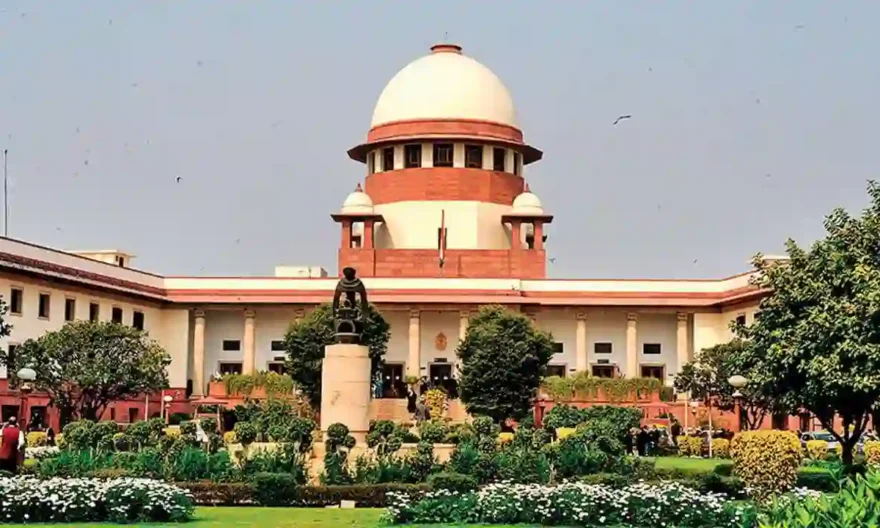
The Supreme Court has dismisses the petition of Sabarmati Gas limited against Shah Alloys Limited. Supreme Court observed and found that appeal is liable to be dismissed as there existed a ‘pre-existing dispute’ between the parties.
After hearing the case of Sabarmati Gas Limited vs Shah Alloys Limited the court observed and has delivered a judgement while giving you a sample and short definition for the term ‘sufficient cause’ as stated under Section 5 of Limitation Act, 1963.
The bench headed by Justice C T Ravikumar, who has authored the judgement observed that the ‘Sufficient Cause’ being the cause for which a party could not be blamed. However, the Apex Court bench comprising of Justice Ajay Rastogi observed while considering an appeal filed against the order of NCLT, wherein dismissing an application seeking initiation of Corporate Insolvency Resolution Process (CIRP) on the ground that the same is being barred by limitation.
In the said case, an application was filed by Sabarmati Gas Limited under Section 9 IBC before NCLT, Ahmedabad, wherein seeking initiation of Corporate Insolvency Resolution Process (CIRP) in its capacity as the Operational Creditor of the Shah Alloys Limited.
An application was dismissed by NCLT on the grounds of being barred by limitation and the existence of a ‘preexisting dispute’ between the parties. As the appeal was dismissed by NCLT, aggrieved with the same, the Sabarmati Gas Ltd approached the Apex Court. In the appeal, one of the issue which was raised is whether in computation of the period of limitation with regards to an application filed under Section 9, IBC and the period during which the operational creditor’s right to proceed against or sue the corporate debtor that remain being suspended by virtue of Section 22 (1) of the Sick Industrial Companies (Special Provisions Act, 1985) (SICA) which can be excluded, as being provided under Section 22 (5) of SICA?
Therefore, It has been observed by the court that there being a legal bar for initiation of the proceedings against an industrial company by virtue of Section 22 (1), SICA. The bench stated that obviously, when a party was being legally disabled from resorting to legal proceeding for recovering the outstanding dues without the permission of BIFR and even on application permission therefor was not being given the period of suspension of legal proceedings is excludable in computing of the limitation period for the enforcement of such right in terms of Section 22(5), SICA. Thus, in the absence for such a provision for exclusion of such period in respect of an application under Section 9, IBC, despite the combined reading of Section 238A, IBC and the provisions under the Limitation Act what is legally being available to such a party is to assign the same as a sufficient cause for condoning the delay as prescribed under Section 5 of the Limitation Act, 1963.
In the said context, the court referred to Section 5 of the Limitation Act, 1963 and has observed that while relating to Section 5 of the Limitation Act showing ‘sufficient cause’ is the only criterion for condoning delay. Thus, the sufficient cause being the cause for which a party could not be blamed of. However, it has been provided under Section 3 of the Limitation Act that “Subject to the provisions which are contained in sections 4 to 24 (inclusive), every suit which is instituted or an appeal preferred and an application made after the prescribed period shall be dismissed, although limitation has not been set up as a defence. Section 5 of the Limitation Act, 1963 reads as that any application or any appeal, which being other than an application under any of the provisions of Order XXI of the Code of Civil Procedure, 1908 (5 of 1908), who may be admitted after the period prescribed if the appellant or the applicant satisfies the court that he had sufficient cause for not preferring of the appeal or making of the application within such period.
Further, it has been stated by the court that it being incumbent on the Adjudicating Authority for considering the claim for condonation of the delay when once the proceeding concerned is found filed beyond the period of limitation. However, it has been found by the bench that appeal is liable to be dismissed as there existed a ‘pre-existing dispute’ between the parties.




